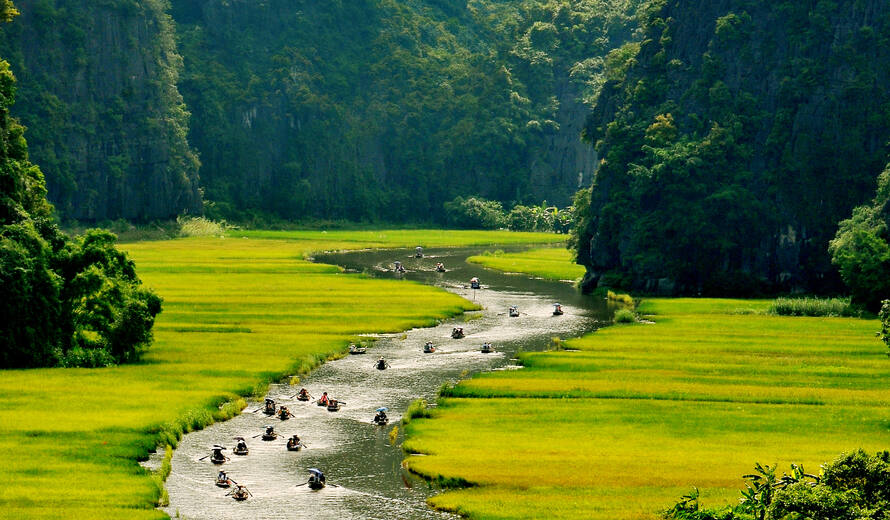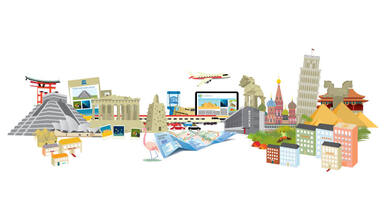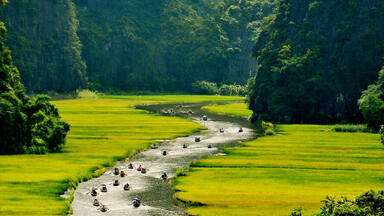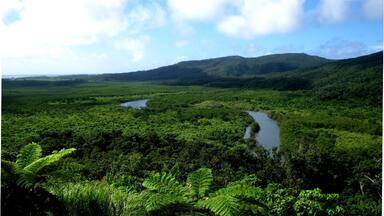New publication ‘Visitors Count!' launched to measure the value of tourism in protected areas
The new guidelines published by UNESCO and the German Federal Agency for Nature Conservation (BfN) put forward a standard methodology for evaluating the impact of protected areas on the local economy.
The guidelines aim to help national stakeholders, protected area managers and researchers count visitation and measure economic impacts consistently through a standardized approach. Developed by a team of international experts from the International Union for Conservation of Nature (IUCN) World Commission on Protected Areas (WCPA) Tourism and Protected Areas Specialist Group (TAPAS Group), the guidelines aim to help management authorities fulfil international reporting requirements to global conventions.
The guidelines outline how demonstrating the positive impact of protected areas can lead to greater buy-in and ownership of conservation practices, less poaching and land encroachment, and help offset human-wildlife conflict where it occurs. Once managers understand the number and behavior of visitors they host, and the revenues and costs they generate, informed decisions on management plans and tourism strategies can be made.
The publication provides information on the evaluation of economic effects of tourism in protected areas including visitor counting and economic evaluation of tourism. Guidance is outlined on how to do visitor counting and surveys effectively and consistently, and how to best report and communicate findings. The publication also shares how to use findings to adapt protected area tourism management strategies sustainably.
The publication’s methodological approaches were developed and tested in different protected areas around the world, including within protected areas including national parks, UNESCO World Heritage properties and UNESCO Biosphere reserves.
Visitors Count! was developed thanks to support from the Joint Research Centre of the European Commission, and by authors and editors from the International Union for Conservation of Nature (IUCN) World Commission on Protected Areas (WCPA) and Tourism and Protected Areas Specialist Group (TAPAS Group).



